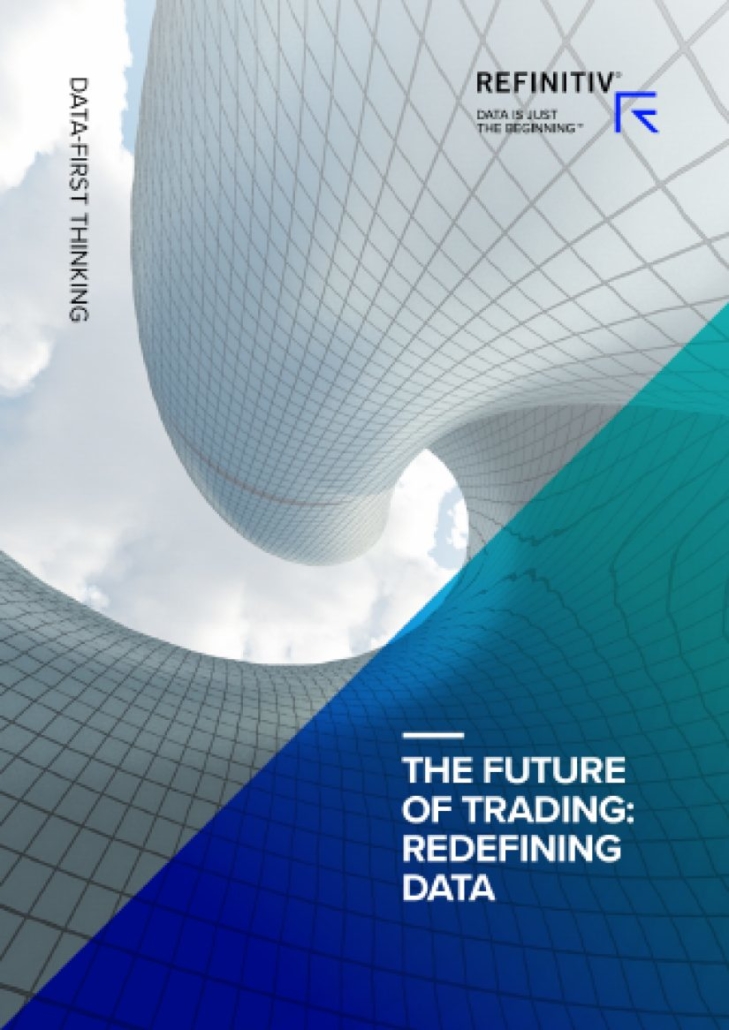Can Trading in Corporate Treasury be Outsourced? About our Invitation-only Round Table
25-03-2020 | treasuryXL | Pieter de Kiewit
Efficiency, lack of expertise, stability and other reasons are all perfectly fine to consider outsourcing in general. Based upon input about outsourcing of trading in an asset management environments we decided to ask prominent corporate treasurers if they think this might work in their company. This is my, very personal, report about the meeting.
Recap Round Table
Being a treasury recruiter I hear interesting stories about the professional lives of clients, candidates and others. Not too long ago I spoke with Dmitry Zamkovoy of Milliman. He told me about their outsourcing services for financial institutions, not only middle and back office functions but also trading operations. Together we wondered if this would work for corporates. See also his article ‘Outsourced trading, is it time to make the switch? Nine factors to consider’
Most of my clients are corporate treasuries with teams with up to dozens of staff members dealing with large banks who employ thousands of specialists. Corporate treasurers have to know a lot about various topics, have important responsibilities and vacation or sickness can be a problem. So my hypothesis is that outsourcing might offer stability and expertise, perhaps efficiency.
In order to find out if my assumptions are right, we decided to organize an invitation-only round table, hosted by Treasurer Search and treasuryXL with the content expertise of Milliman. The 12 participants all have leadership roles in large or very large treasuries, managing front offices. We had group treasurers of Dutch listed companies with up to €10 billion revenue stream and directors of risk working with companies even substantially larger.
In our introduction it became quickly clear we had the right group of people to discuss the hypothesis. Relevant and related topics like regulatory affairs, cost savings, relationship with external parties, cybersecurity and also HR effects were discussed. Also, it did not take long to find out that the hypothesis was met with a lot of scepticism. Various reasons were mentioned.
- The actual trading task within corporates does not take that much time of treasurers, so what is the win in efficiency?
- Trading is one little element in the whole risk mitigation strategy of companies. The risk process starts within the operational business and all agreed business-related tasks cannot be outsourced;
- With increased transparency in the market and a decreased risk appetite in investments of corporates, the complexity of the actual trade is not that high anymore;
- Some feared that the relation with their brokers and banks would suffer under outsourcing;
- I sensed that many participants, and their staff, enjoy doing the actual trade and do not look forward to losing that part of their job;
- Also the statement “if you outsource a process, you can also automate it” did not work in favour of outsourcing.
Conclusion and what about your thoughts?
Dmitry and I raised a question and got our answer. Perhaps outsourcing is possible but not appealing. I am just a treasury recruiter with no stake in the business case but for me, some nagging questions remain:
- “is the focus only on trading too narrow?”,
- “what would be the answer if we would ask CFOs or IT experts?”,
- “there a few examples of outsourced corporate treasury I know about. What works, what doesn’t?”.
Expertise, stability and efficiency are the results of outsourcing of other functions. Does treasury have such a unique position?
Join the discussion
I look forward to your opinion in this, the discussion takes place at the LinkedIn page of treasuryXL.
Thanks for reading!










